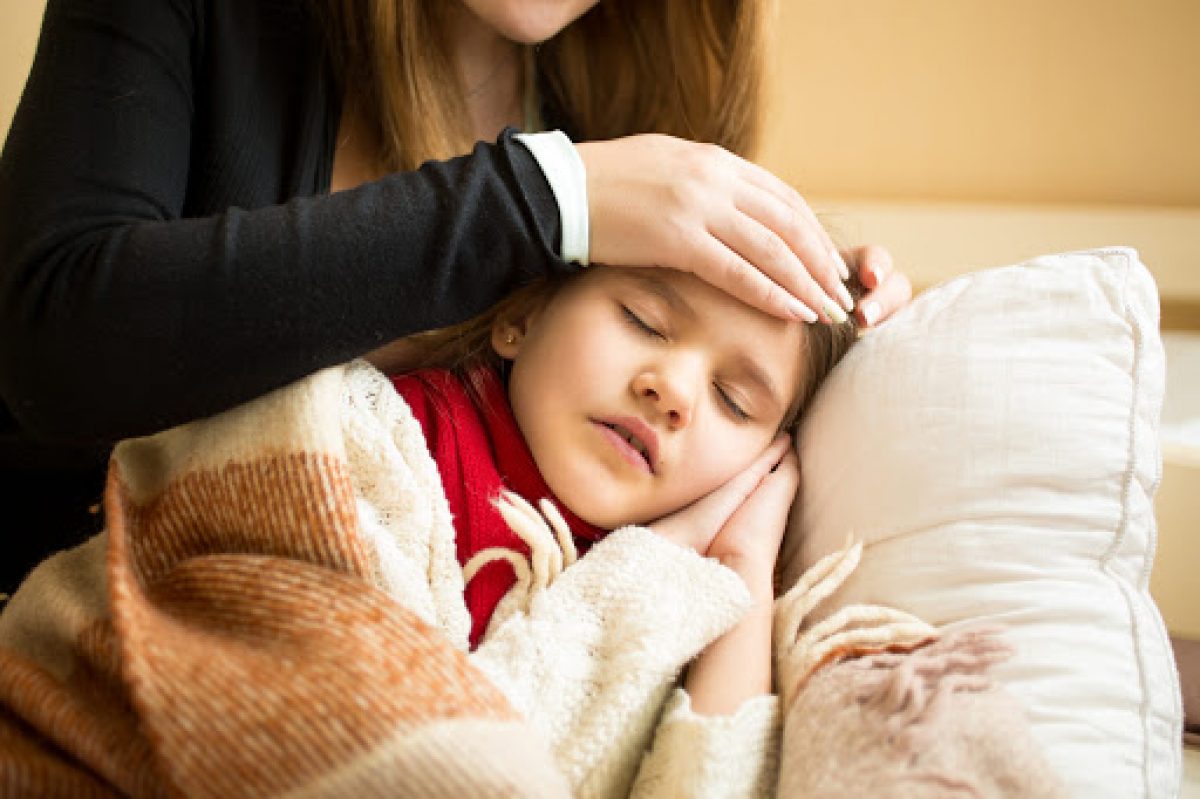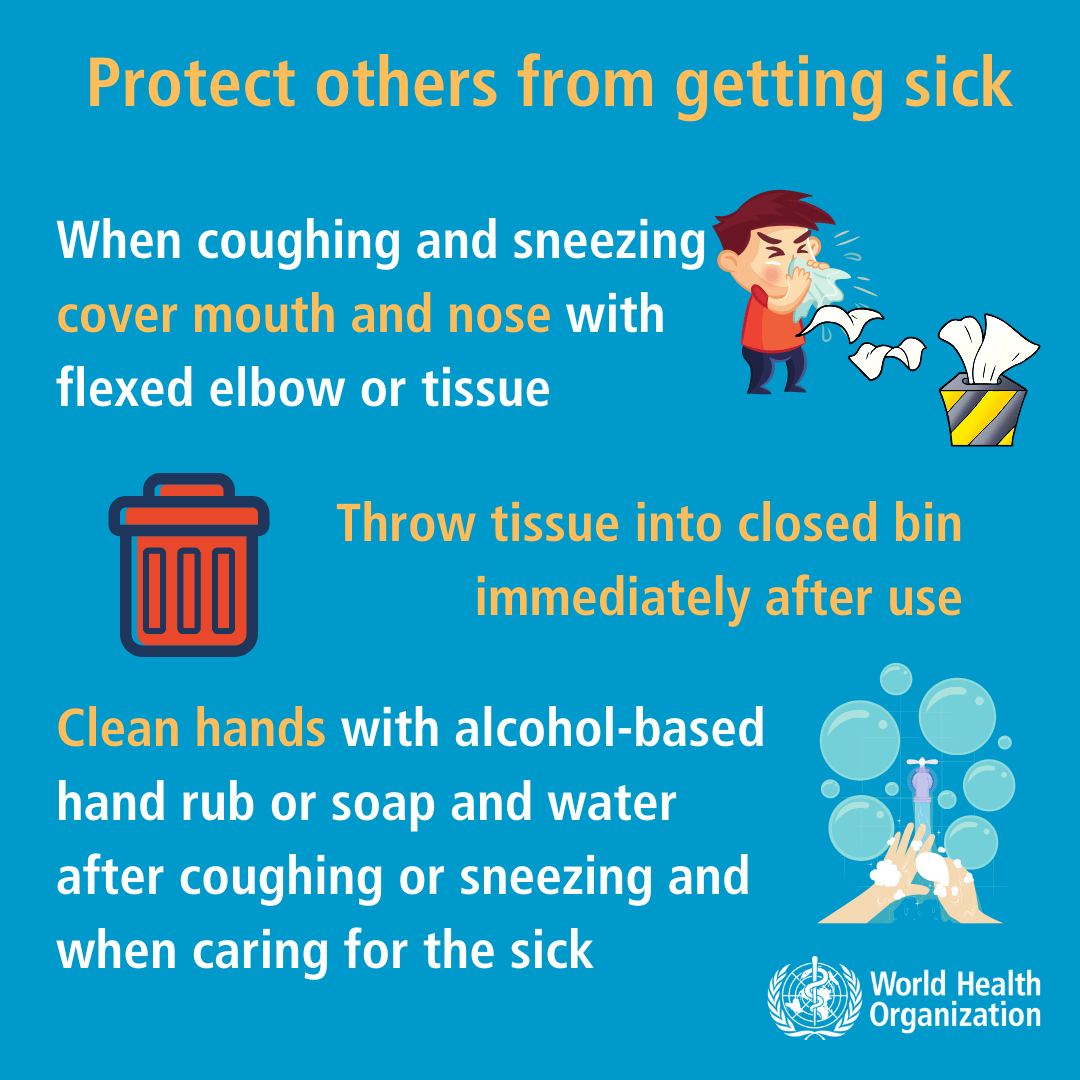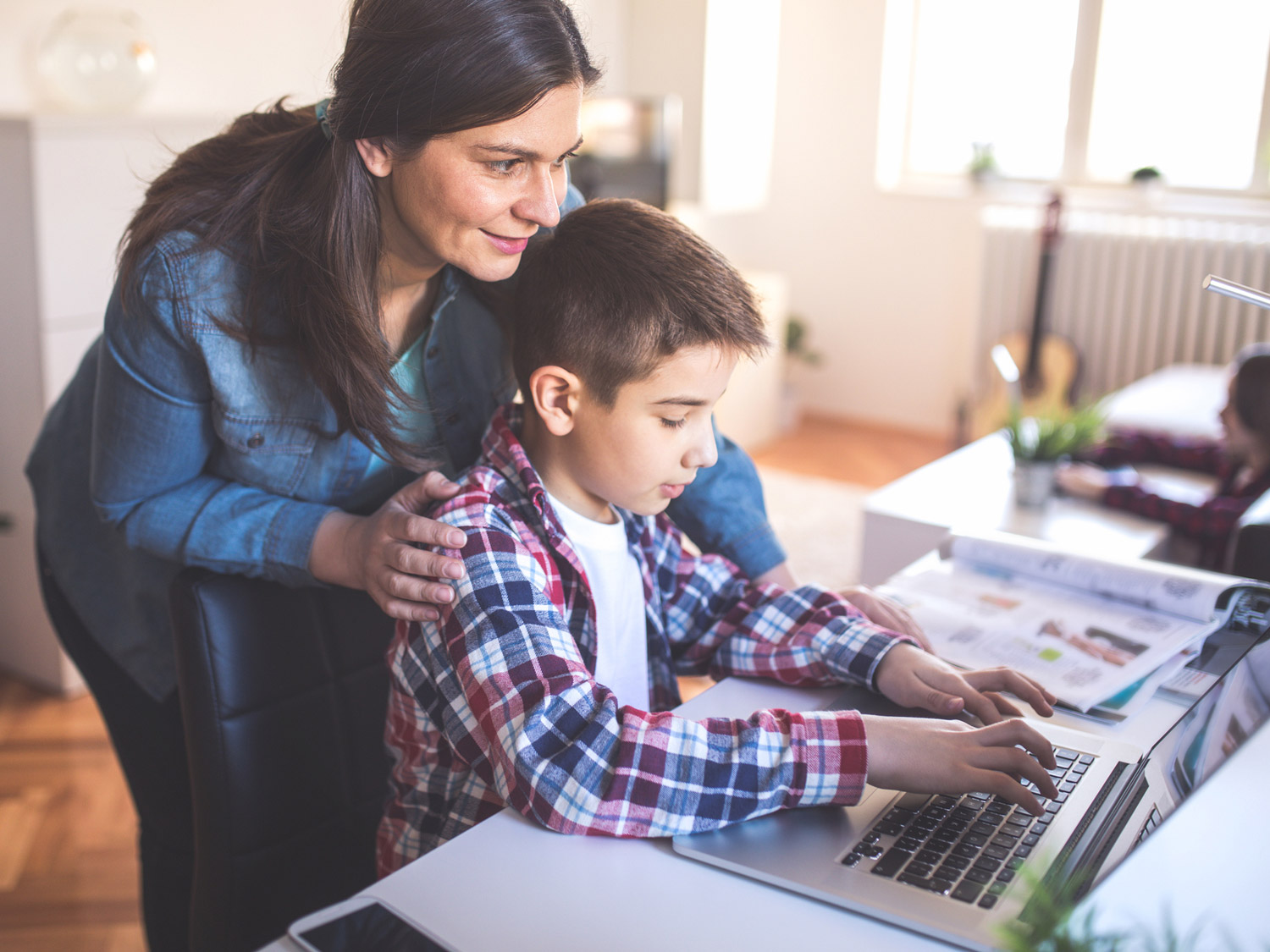
In the wake of the large scale outbreak of the Covid-19 virus aka Coronavirus, almost 30,000 schools across the United States have been shut down.
As you prepare to remain indoors with your children, it’s important to address concerns that they may have. There is rampant information on the Covid-19 pandemic on the internet, a lot of which is comprised of myths circulated to garner more likes and shares. It’s important to help your child understand the right facts about Covid-19.

In these testing times, let’s all stand together to ensure our children don’t bear the brunt of closed schools, floating misinformation, missing friends, etc. We suggest to follow the following ways to take special care of your child at home during the present lockdown:
1. Take precautions and educate your child
Washing hands and face after coming back from outside are the baseline of preventing coronavirus infection. Make sure your child washes their hands for at least 30-40 seconds. Using warm water can have additional cleaning benefits while washing hands. Ask your child to stay away from anyone who’s sneezing or coughing around them.

It’s important to make children practice general hygiene without threatening them. They should be motivated to share even the slightest symptoms of uneasiness, cold and cough without any fears. Never talk about Covid-19 with a menacing or an exaggerating tone while having a conversation with your child.
2. Stay indoors, avoid exposure but keep your child physically active
Avoiding gatherings or public places is the best way to keep yourself and your child safe. Venture out to public places like Walmart or coffee shops only when absolutely necessary. Staying indoors for extended periods of time can, however, in turn, become very tiring for children.
Make sure to take them out on a walk once in a while or play a game of ball with them in your garden or society’s open space. Skipping rope, a night sky watching session in the night on the house’s terrace, etc. are good low-exposure options to keep your child physically active and engaged without making the house seem like a prison.
3. Bust the myths, talk only about science-backed Covid-19 facts
There is a gamut of myths surrounding coronavirus disease. The myths are both petrifying and viral enough to become inescapable. With the amount of exposure and access to the internet that kids today have, it’s almost impossible to keep the myth part of the news out of their sight. You can, however, sit your children down and explain the reality of these myths.

Here are some of the common myths that science has busted recently if your child brings them up in a conversation, make sure you explain the following:
- Hand dryers and cold weather, do not kill the coronavirus
- Healthy people do not need to be paranoid about wearing a mask all the time. Experts say they can trap contaminated air and germs in the mask, to be constantly breathed in
- Being diagnosed with coronavirus disease is not a fatal state. About 81% of people who are infected with the coronavirus have mild cases of COVID-19, according to a study published Feb. 18 by the Chinese Center for Disease Control and Prevention
- The disease can spread only by coming in contact with an infected person is a myth. It can also spread by touching contaminated surfaces and hence, washing hands thoroughly is of pivotal importance
Don’t forget to regularly go through the official information center: the WHO and CDC sites to stay up to date with precautions and measures
4. Monitor your child carefully – physically and emotionally
Look out for signs of depression, mood swings, excessive fear or quietude. Children of elementary and middle school are more likely to be affected by rumors about the morbidity of the disease. It’s important for you to assure them and explain the facts about the disease and debunk all myths.
Keep a keen eye on even slightest of symptoms of the flu, but do not create panic and take a doctor’s advice immediately. Do not create a state of fear and anxiety in the child if they sneeze or cough! Not all those who sneeze or cough have coronavirus in their systems, there are still other allergies and the common cold to be held to blame. But nonetheless, taking timely medical advice (sans panic) is the key step to protecting your child from the disease.
5. Keep them occupied through virtual learning
It’s likely that your child may get into a sluggish learning mode in the absence of school and regular tutors. Virtual classes or lessons through video conferencing are your best bet to ensure learning doesn’t stop for your child. Explain to them that this could be the best time to study in a relaxed manner without regular timetables.

Do the following to ensure learning continues without interruption:
- Divert your child’s attention from TV by getting them new books to read (which may or may not be course-related)
- Arrange for virtual classes with a tutor (log on to Talentnook.com for some instant help) for subjects that your child needs special attention for
- Make a study timetable and clip it on a board, motivate your child to study during regular school timings even at home
- Maintain a quiet environment at home that is conducive to learning
- Make home-based extracurricular activities a daily routine to keep boredom at bay
- Encourage your child to study via video lectures, recorded tutorials, interactive puzzles, online quizzes, etc.
We are must act and function together as one unit in fighting the menace of Covid-19. Talentnook encourages parents to utilize this time to strengthen their bonds with their children by participating more in their learning, talking to them about various little things that matter and arranging home tutors who can help to keep your child engaged constructively online or at home. Sign up now to help your child stay productive during this time!